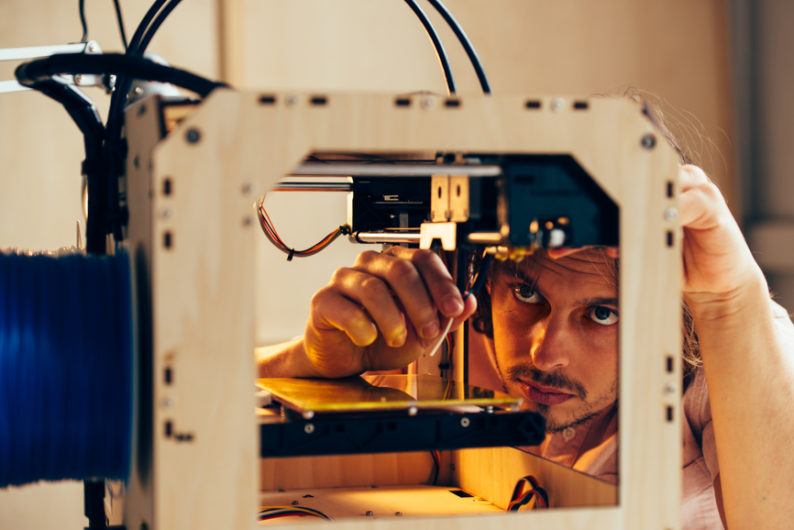Figuring out whether a certain job will be replaced by robots often takes the form of two questions: Will robots be able to do that task? And are those robots cheaper than their human counterparts?
And if the answer is yes to both, then chances are that job will get automated in the near future.
But as with most things, accurately gauging whether a robot will take your job requires more context than those two questions would lead you to believe.
One of the latest job automation threats has come from the possibility of self-driving cars, and their capacity to eradicate millions of jobs that have until now required human drivers.
We recently polled job seekers on the ZipRecruiter platform asking which jobs they think will most likely be replaced by autonomous vehicle technology in the future. And we found that while 47% of respondents believe taxi drivers are in jeopardy and 31% believe the same about truck drivers, only 10% thought that Formula 1 drivers would be replaced by robots with 11% thinking so for NASCAR drivers.
There is sound economic logic behind the argument that taxi drivers will be displaced, while Formula 1 drivers will not. When someone pays for a taxi ride, they are paying to simply get from point A to point B. The identity of the driver—and whether or not the driver is even human—does not have an impact on the value or purpose of the ride.
However, as any fan will tell you, the value of racecar driving is not only watching the cars zoom past the finish line. They’re also rooting for their favorite driver, and standing in awe of the technical capabilities and personal risk required to make it to the end of the race in sometimes seconds flat. While an autonomous car may technically drive the track exactly the same way a driver would—maneuvering the same nail-biting turns and split-second decisions—there’s no doubt that watching a robot do the same would be fundamentally different.
The main problem with those two black-and-white questions above—i.e. are robots as capable and cheaper than humans at a certain job—is that it completely ignores the demand side of the market. No matter how good robots can be at a particular task, their execution will be qualitatively different from that of a person. And quality is as important as price when determining consumer behavior. People often choose to pay a premium for something they value, foregoing the cheapest option in favor of something they like better.
This means that robots and humans with the same abilities can co-exist in the market by performing the same jobs for different clientele. It also means that there are certain jobs where it’s possible robots will never replace humans, no matter how good they get at doing the job.
We put ourselves in a bind when we focus our employability on jobs or tasks that robots can’t do. The capabilities of technology are constantly changing. And even the best technologists say they are unable to predict what will become possible. Luckily, there’s a way out of this dilemma.
The trick to finding a job that’ll be robot-proof for the long run is not just finding the one skill robots will never be able to do (which I honestly don’t believe exists)—rather, it’s finding one that people will pay other people to do even if a robot is capable of doing it.
We marvel at human ability and creativity. We also relate to human emotion and appreciate human ingenuity. And when it comes to sports, arts, interpersonal relations, innovation and other industries, there will always be demand for people-backed products and services.










